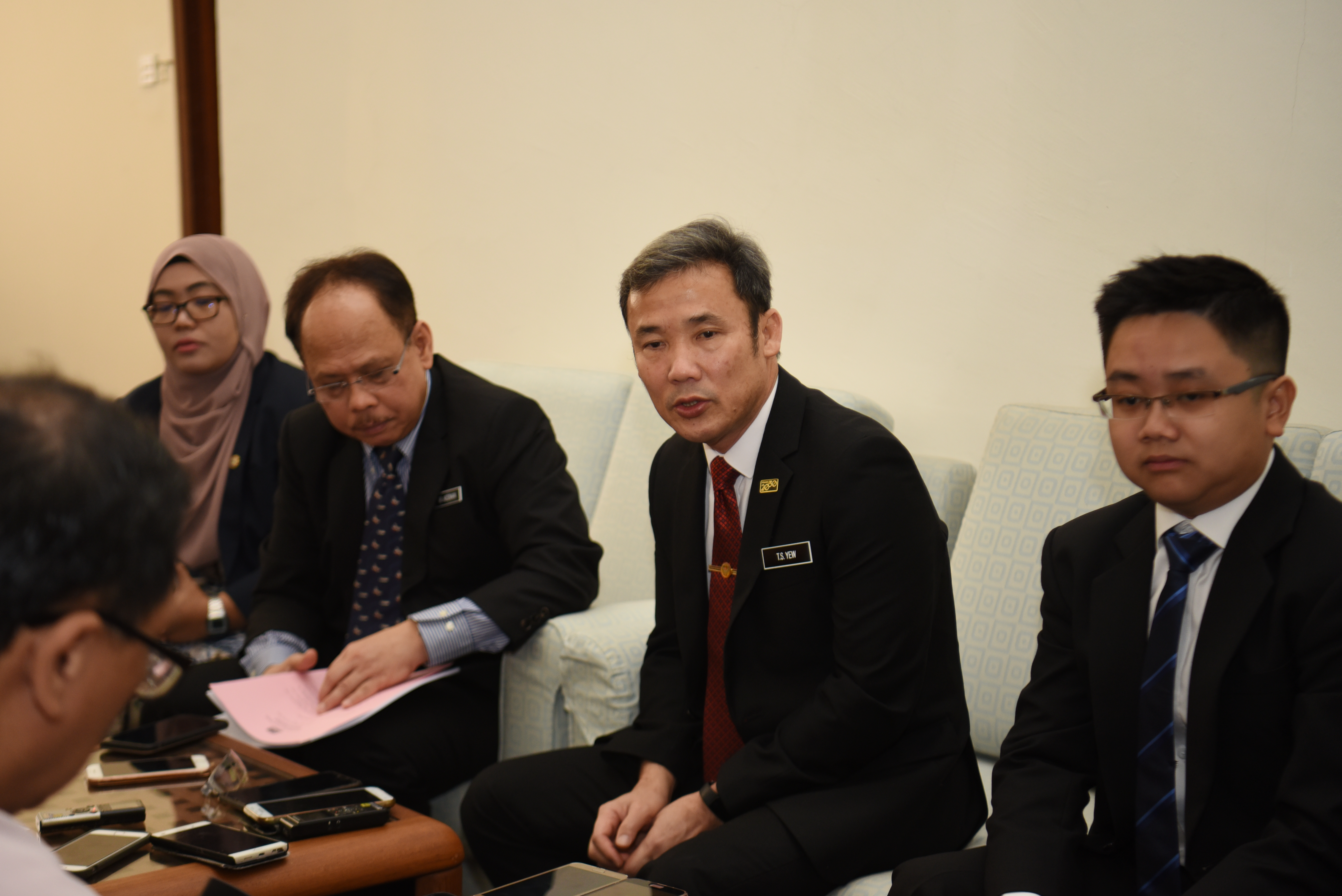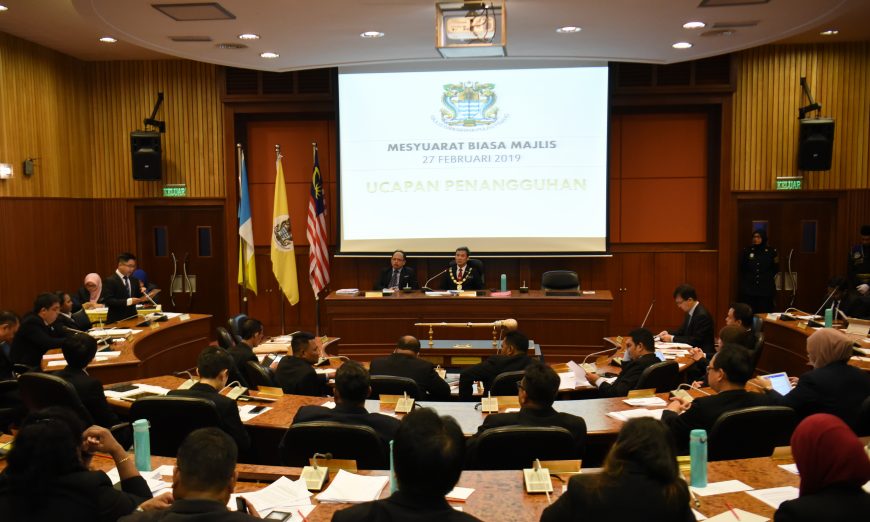A TRANSIT centre for the homeless that the Penang Island City Council (MBPP) plans to build in Jalan C.Y. Choy in George Town will showcase three net zero features.
MBPP mayor Datuk Yew Tung Seang said the building, to be set up on a 3,300sq ft premises it owns, would have zero energy, zero water and zero waste (Z3) strategies.
Basically, net zero means consuming only as much energy as produced, achieving a sustainable balance between water availability and demand, and eliminating solid waste sent to landfills. That is to help improve the environment, save money, and help communities become more sustainable and resilient.
“We’re taking a challenge. It’s not easy to fulfil these three net zero strategies. This is the first kind of initiative in Penang, and probably Malaysia,” Yew told reporters after conducting a full council meeting at City Hall today.
“MBPP will collaborate with the state government and private sector to provide a transit for the homeless.”
He said MBPP would discuss with Green Building Index (GBI) facilitators, consultants and welfare bodies on the establishing of the transit centre.

At the state assembly meeting last year, Chief Minister Chow Kon Yeow announced that the state would spend RM560,000 to turn a pre-war house at 19, Jalan C.Y. Choy into the transit centre for the homeless.
Some of the homeless people can be sighted particularly at the Komtar bus terminal, which is not far from the proposed centre.
State Welfare and Caring Society Committee chairman Phee Boon Poh had said the centre would have 80 beds for the homeless, with separate dorms for men, women and disabled.
Also included in the plan are a workshop for residents to learn living skills, an administrative office, an open-air laundry yard, a collection centre for Mutiara Food Bank to help feed the poor, and a proposed gallery and Bohemian-style café specially for students to study and to have quiet discussions.
On another matter, Yew said MBPP would launch its first STEAM (Science, Technology, Engineering, Arts and Mathematics) project in Balik Pulau on March 7.
“We’ve been active with the STEAM projects in town and now we want to move to the rural areas to provide space for youths there to better themselves,” he said.
Yew added that MBPP would come out with more details on a Snap & Pay app soon for consumers to download so that they could scan the QR code on council bills for easy payment from April.
In the meeting proper, MBPP alternate chairman for public health standing committee Wong Yuee Harng expressed hope that the Penang Water Supply Corporation (PBAPP) would help resolve the problem faced by new hawkers, who have to pay arrears owed by previous tenants.
“There are 10 cases in the northern region where new hawkers could not operate their businesses as the previous tenants failed to settle their outstanding balances with PBAPP. It’s a big loss to the council and community. I hope PBAPP can kindly consider the issue and come up with a good solution,” said Wong.
Story by K.H. Ong
Pix by Darwina Mohd Daud

